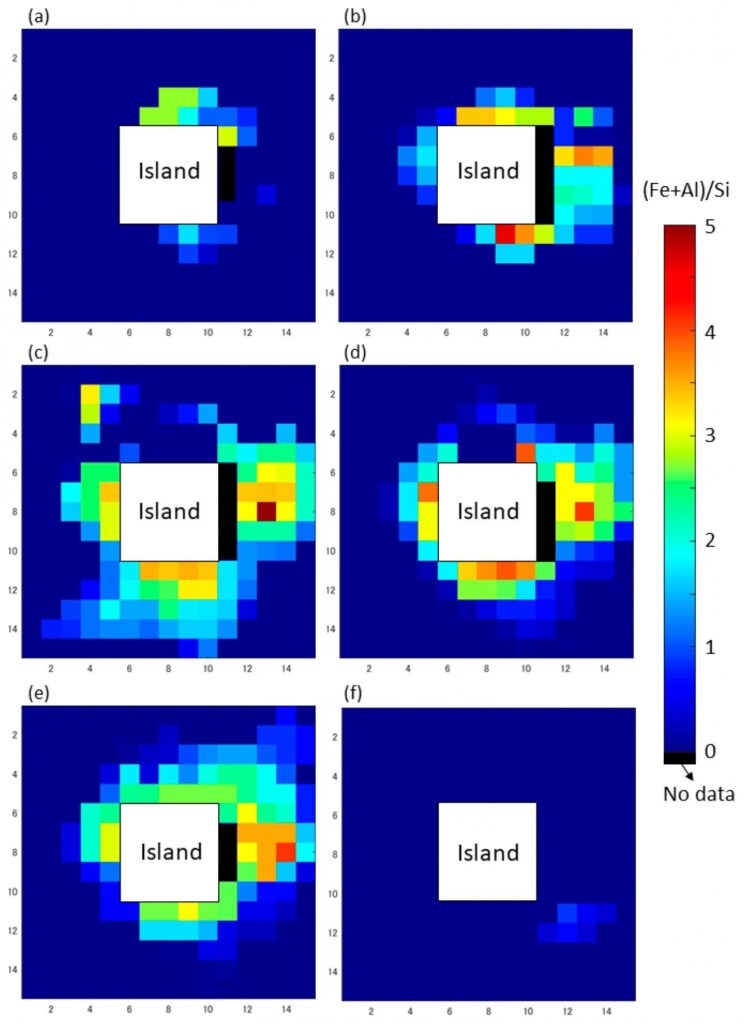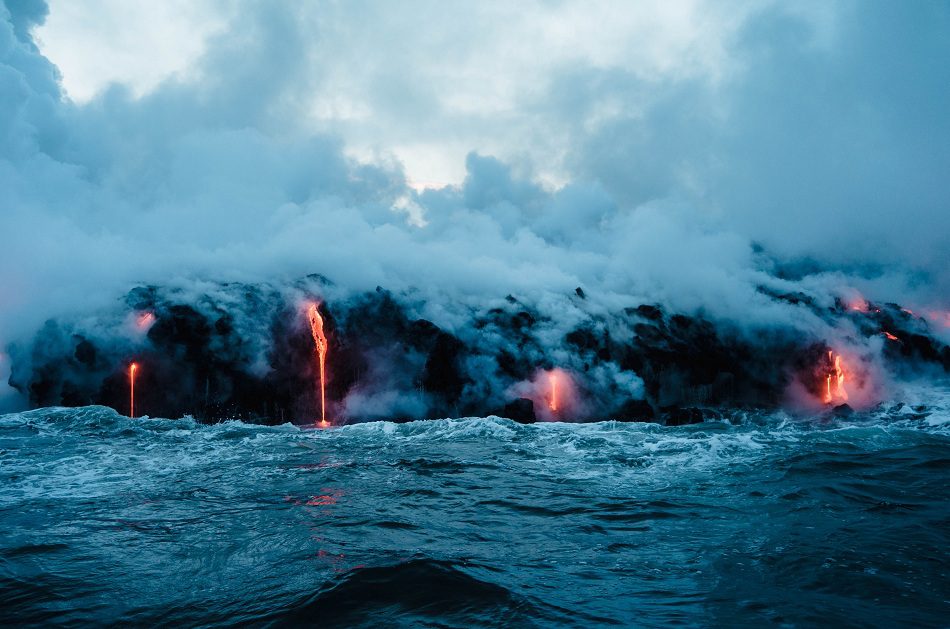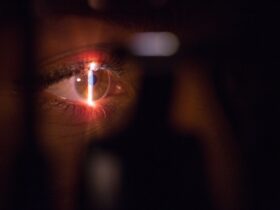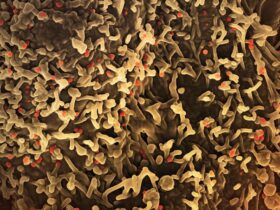New research unveils a new method of predicting if eruption emerges for an underwater volcano via satellite data. Only in the last few years, reports of frequent eruptions of submarine volcanoes were announced.
Observing any signs of volcanic turbulence is significant in offering life-saving data and ensuring that maritime and air travel are safe.
How efficient is the new method, researchers tell us now.
Here is what you need to know.
New Way of Predicting Underwater Volcano Eruptions
Yuji Sakuno, associate professor and remote sensing specialist at Hiroshima University’s Graduate School of Advanced Science and Engineering, came up with a new indicator for submarine volcanoes based on sea color.
“This is an extremely challenging research result for predicting volcanic disasters that have frequently occurred in various parts of the world in recent years using a new index called sea color,” explained Sakuno.

How it works
Volcanoes release some chemicals depending on their activity. And such things can modify the color of the surrounding water.
So, increased amounts of aluminum or silicon can stain the water with white splotches, while a higher amount of iron, for instance, displays a yellow or brown discoloration.
But there’s a problem. Sunlight is also essential and can change the sea color.
With that in mind, Sakuno examined images of Nishinoshima Island shot by Japan’s Himawari-8 and GCOM-C SGLI satellites last year.
The GCOM-C SGLI satellite was used to get sea color data, while the Himawari-8, for volcanic activity.
Finally, using the new method, researchers verified satellite data from January to December 2020. They detected signs of looming volcanic turbulence in Nishinoshima Island about a month before it even started.
Even if the new technique of predicting underwater volcano eruptions is fantastic, researchers still need more time to establish a full system. That would definitely help to monitor submarine volcanoes at higher accuracy.












Leave a Reply